Former Vice President Atiku Abubakar is making waves with his plans to form a formidable opposition coalition aimed at challenging the perceived excesses of President Bola Tinubu’s administration. In a recent social media post, Atiku expressed his commitment to creating a united front that will not only hold the current government accountable but also strive to empower Nigerians in choosing their leaders freely.
“We are building a strong, united opposition coalition — one that will challenge the excesses of this administration, restore accountability, and return government to the people,”
Atiku declared passionately. He emphasized the coalition’s mission to safeguard every Nigerian’s right to democratic leadership selection and pledged unwavering dedication to advocating for economic fairness, political liberties, and overall national advancement.
The seasoned politician asserted,
“We are here to rescue Nigeria. And we will not stop until that goal is achieved.”
Alongside Atiku, other prominent figures such as former presidential candidate Peter Obi, ex-governors Nasir El-Rufai and Rotimi Amaechi are leading this opposition movement.
A crucial meeting was held recently where key members including Atiku, Obi, and El-Rufai strategized on their vision for the future. El-Rufai made it clear that their primary objective is to ensure Tinubu does not secure re-election in 2027. The group aims to redirect Tinubu back to Lagos by then according to El-Rufai from the Social Democratic Party.
In response to questions surrounding these developments, APC chieftain Joe Igbokwe weighed in by asserting that Atiku Abubakar stands out as the most visible opposition figure against Tinubu. This growing momentum within the opposition camp has stirred up anticipation and speculation among political circles about potential shifts in power dynamics.
As discussions evolve within this emerging coalition and its strategies take shape, observers are keenly watching how these developments will impact Nigeria’s political landscape. The coming together of seasoned politicians like Atiku Abubakar and other influential figures underscores a significant shift in Nigeria’s political climate.
The intricate dance between opposing factions sets the stage for a dynamic narrative of power struggles and strategic maneuvers characteristic of Nigerian politics. As alliances form and agendas align or clash, the country braces itself for a potentially transformative chapter in its governance and leadership trajectory.
In conclusion, Atiku Abubakar’s bold initiative signals a turning point in Nigerian politics as he spearheads an ambitious pushback against what he perceives as governmental overreach under President Bola Tinubu. With stakes high and tensions mounting on both sides of the political divide, all eyes remain fixed on how this unfolding drama will reshape Nigeria’s future political landscape.


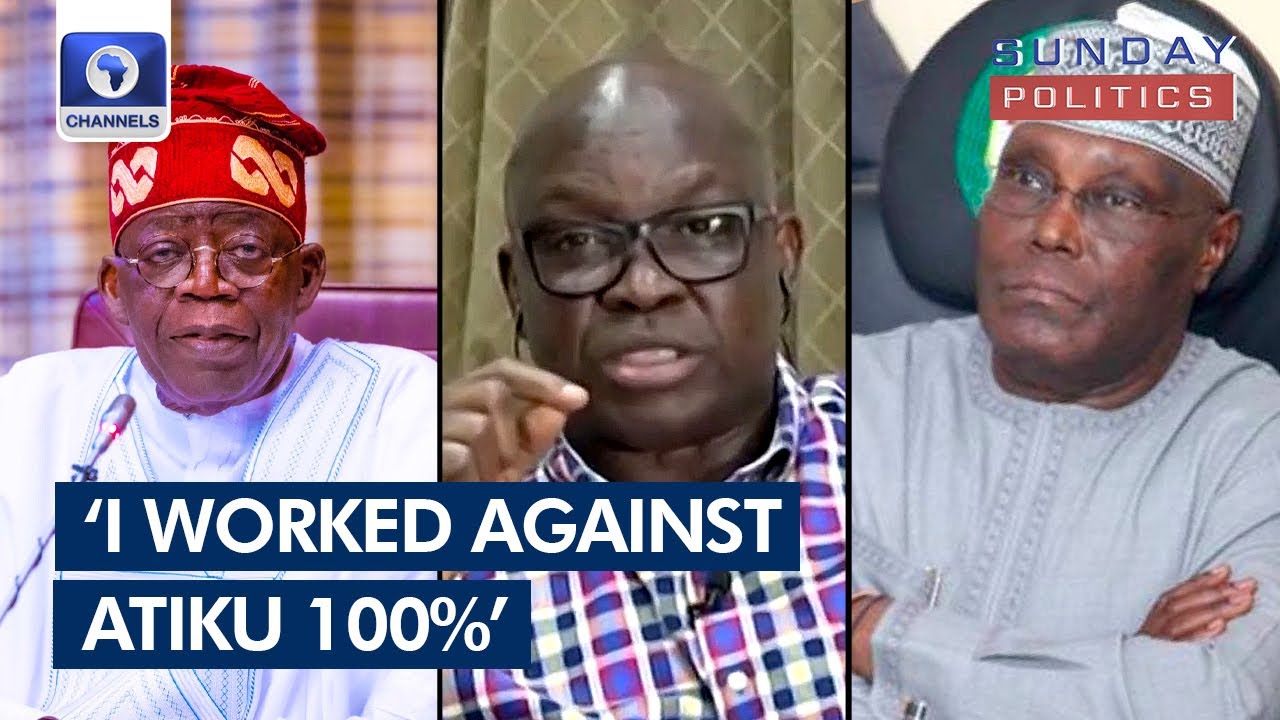
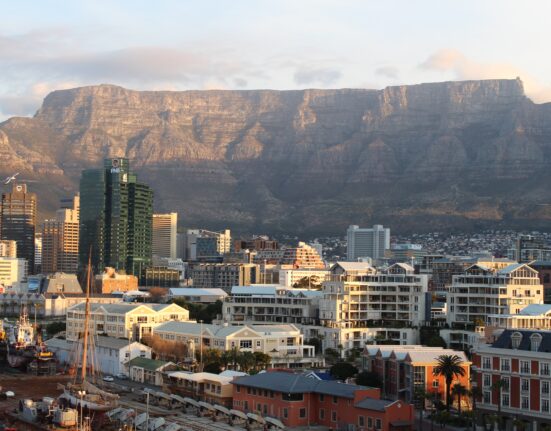
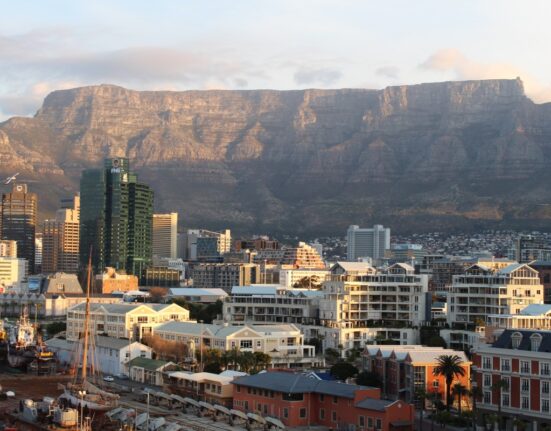
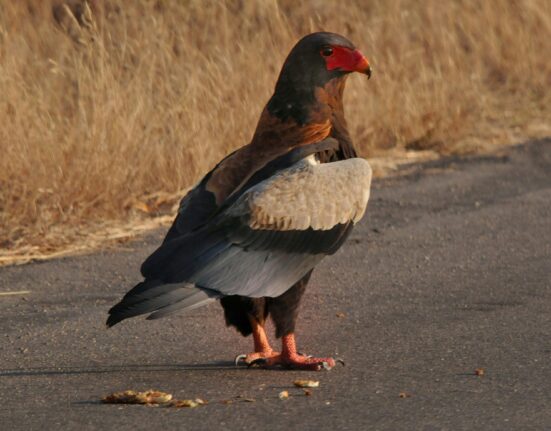

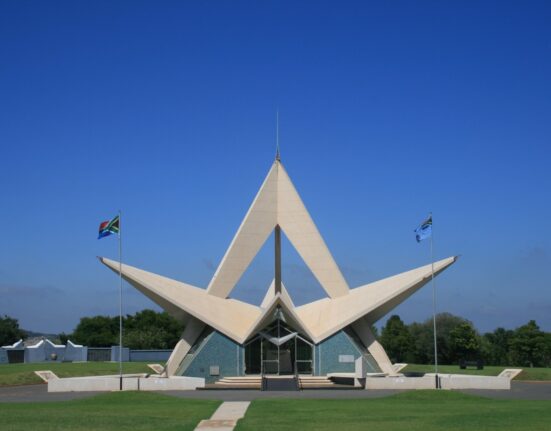
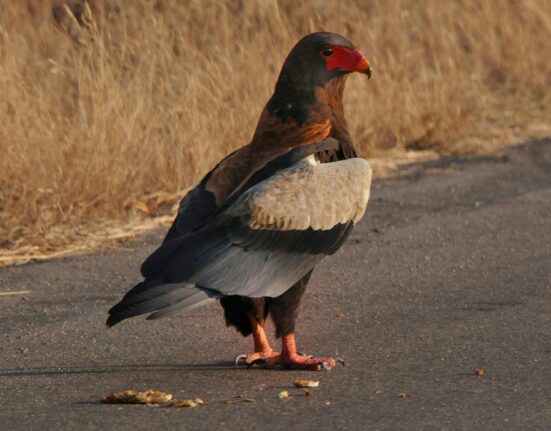
Leave feedback about this